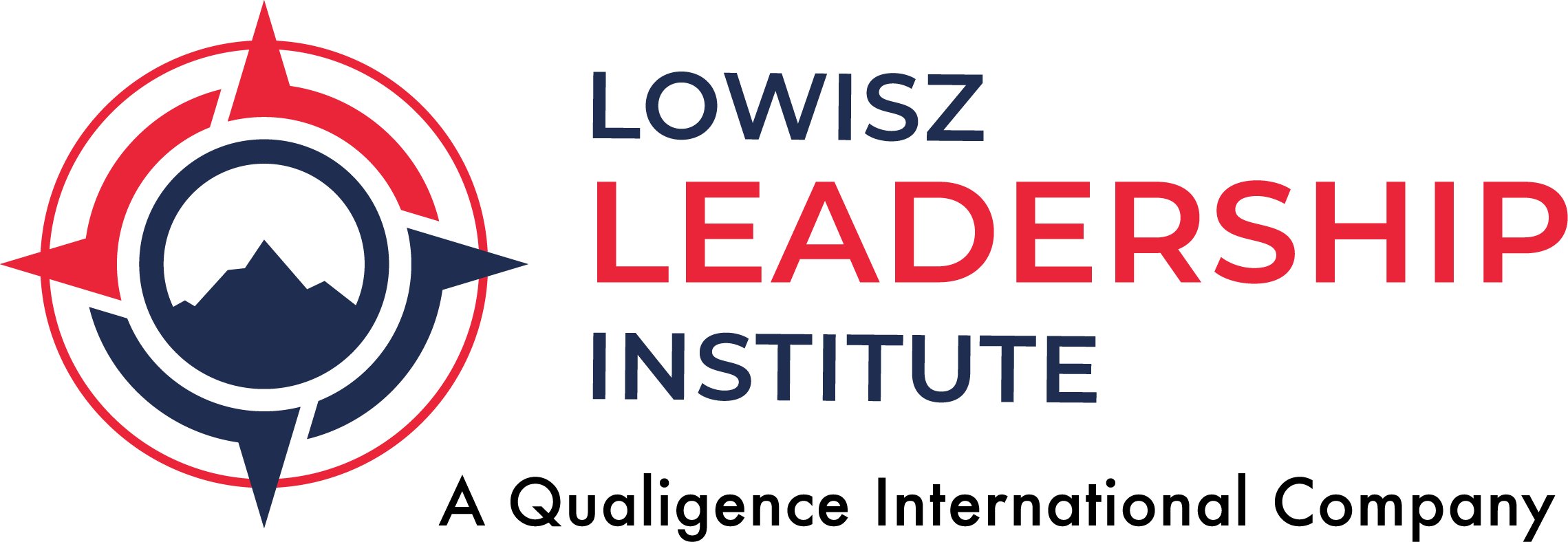If You’re Still Trying to Motivate Your Team, You’ve Already Lost
Oct 3
/
Steve Lowisz
You’ve felt it.
The pressure to keep performance up when resources are tight. The frustration of watching your best people get pulled by competitors who can offer more perks. The exhaustion of carrying a team that seems to run out of energy the second you stop pushing.
And in that pressure, it’s tempting to lean on motivation.
The pep talk at the all-hands.
The bonus that buys a short-term push.
The rallying cry to “dig deep.”
It works…for a little while. But then the same thing happens every time:
That’s the trap. Motivation doesn’t build organizations. It builds dependency.
The pressure to keep performance up when resources are tight. The frustration of watching your best people get pulled by competitors who can offer more perks. The exhaustion of carrying a team that seems to run out of energy the second you stop pushing.
And in that pressure, it’s tempting to lean on motivation.
The pep talk at the all-hands.
The bonus that buys a short-term push.
The rallying cry to “dig deep.”
It works…for a little while. But then the same thing happens every time:
- Performance drops.
- Ownership disappears.
- You’re left drained, repeating the cycle.
That’s the trap. Motivation doesn’t build organizations. It builds dependency.
Why Motivation Fails Leaders
Motivation is
short-term. It’s manipulation. It squeezes the best frompeople
instead of building the best forthem.
And here’s the real danger: if your people only perform when you’re hyping them up or dangling rewards, then the moment you’re not in the room—performance stops.
That’s not growth. That’s dependency.
And here’s the real danger: if your people only perform when you’re hyping them up or dangling rewards, then the moment you’re not in the room—performance stops.
That’s not growth. That’s dependency.
What Real Leadership Looks Like
The best leaders don’t motivate. They guide.
Guidance looks like this:
Guidance builds independence. It builds ownership. And it creates teams that perform whether you’re there or not.
Guidance looks like this:
- Knowing your people deeply not just their roles, but what actually drives them.
- Creating clarity so they see how their work connects to the bigger picture.
- Helping them grow into their potential without doing the work for them.
Guidance builds independence. It builds ownership. And it creates teams that perform whether you’re there or not.
What’s at Stake
If your leadership depends on pep talks, you’re not just draining yourself you’re putting your business at risk. Because when motivation wears off (and it always does), you’re back to square one.
But when you build through guidance, you create resilience that lasts. You develop capability that compoundsLeadership by Design
At the Lowisz Leadership
Institute, we don’t teach leaders to drive people harder, we teach them to
guide better. Because the real competitive edge isn’t in promising more or
motivating louder.
It’s in out-leading
everyone else.
So ask yourself: are you motivating or guiding? One creates dependency. The other creates growth.
Write your awesome label here.
Tell Us About Your Event!
Steve Lowisz or Leah Nauseda will reach out directly!
Write your awesome label here.
Tell Us What Date You Are Requesting
Upon receipt of your request, Leah Nauseda or Steve Lowisz will reach out to discuss.
Work With Jason Lioy
Provide your information below and a member of our team will reach out within 24 hours.
Write your awesome label here.
Tell Us About Your Bank Event!
Steve Lowisz or Leah Nauseda will reach out directly!
Write your awesome label here.
Tell Us About Your Assocation!
Steve Lowisz or Leah Nauseda will reach out directly!

